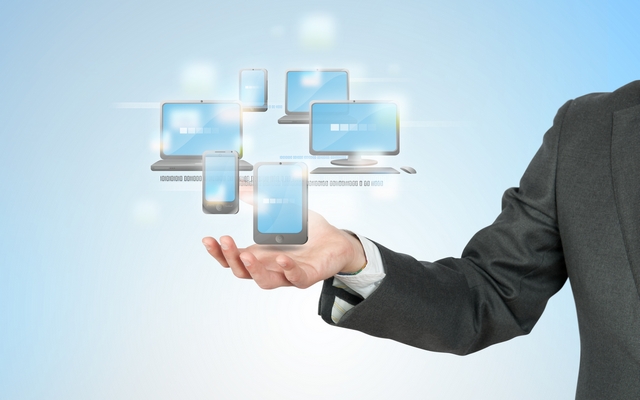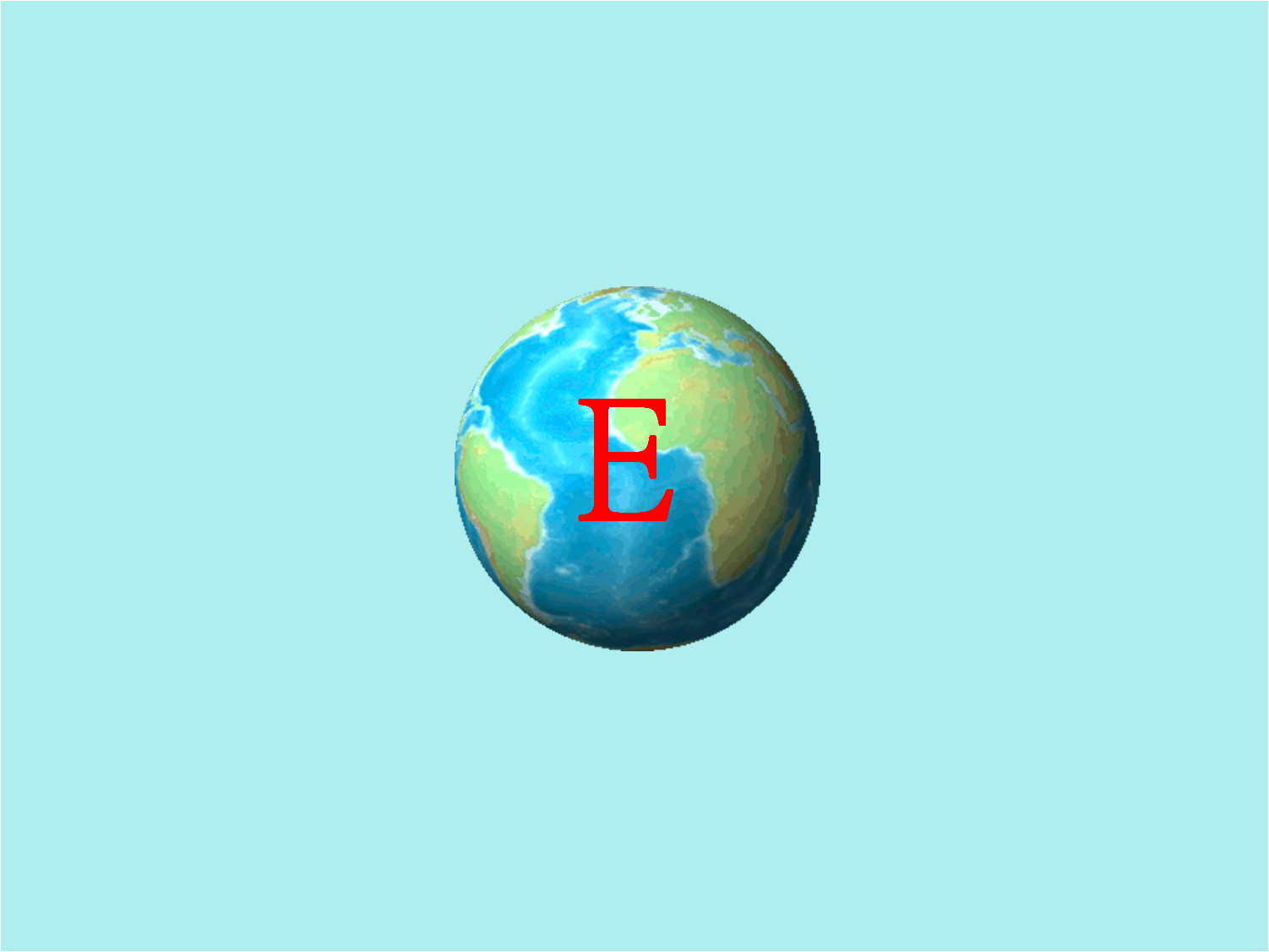Human-oriented applications

Idea for Human-oriented applications
Man to overcome his natural limits has always relied on tools and machines conceived by himself. In this sense, the computer should also enhance the person's thinking by providing the right information. His own thinking, through different types of cognitive processes, from logic to creativity, which distinguish him from the world of things, but enable him to understand their meaning, regulates the life of a person. The computer's capacity lies in the use of numbers, which is just one of the many faculties of the human mind. This means that the computer cannot replace the man, but it serves the user for specific tasks only. Computer science is certainly an excellent aid to knowledge, reached through the detection of things.This is impossible with predetermined and misleading settings. Only man produces knowledge and he is only thinking of it. It is important to distinguish it from information, which is instead an indication given to man by external sources without knowing who the recipient is. Nowadays a certain computer science spreads information as knowledge, so there is the real danger that the computer, producer of automatic information, takes over man and dominates him. A serious dualism is opening up in humanity. On the one hand there are people who regard themselves as human beings, and on the other hand many people entrust their life to the machine, reducing their reality to a virtual and impersonal vision of what the computer presents. Almost we accept computer products on which we cannot have any mastery. We find ourselves with an unspecified number of versions that promise more and more efficient features, but that actually make the operation rather difficult for an exaggerated endowment of unnecessary accessories of convenience. To entrust the mind to artificial applications is like wanting to replace a natural limb with an artificial one, claiming an unjustified state of well-being. Whoever wants people's thinking to be dominated by computers does so to their advantage with remote controls that can influence the way people live. Virtually all the knowledge and visions of life are adapted to the paradigms of the machine, which are imposed by those who want person to lose his self-determination. In this situation, computer operations are an exclusive knowledge of the technicians and if a normal person wants to use it, he is forced to become a resigned user. Today much of the software, albeit continually evolving, remains conditioned by "Machine oriented" techniques with somewhat rigid applications of the "Data centric" type. Man is led to know more about the machine than his reality because too often he is convinced that this is the knowledge with the result that it is the machine that thinks for us
While practicing computer science, we intend to keep the primacy of the person with the right to think. We distinguish the machine that damages human capabilities from the one that instead remedies its memory limits. If we imagine that the applications lie on a line that goes from the machine to the man, they are "machine oriented" those in the initial part while "human oriented" the endings. The validity of the application is determined by how close it is to man's thinking and how much less conditioned by the technical limits of the machine.

The effort is to overcome the "Data driven" models with new paradigms based directly on the elements and their behaviours that best represent situations and their dynamism to deal with. Today the individuality of Personal computers and the affirmation of the World Wide Web allow persons to be able to think for themselves, aided by applications that are realized with the right approach and appropriate technologies. This new computer world opens up space in which to shape the machine on the real and contingent needs of individual people.